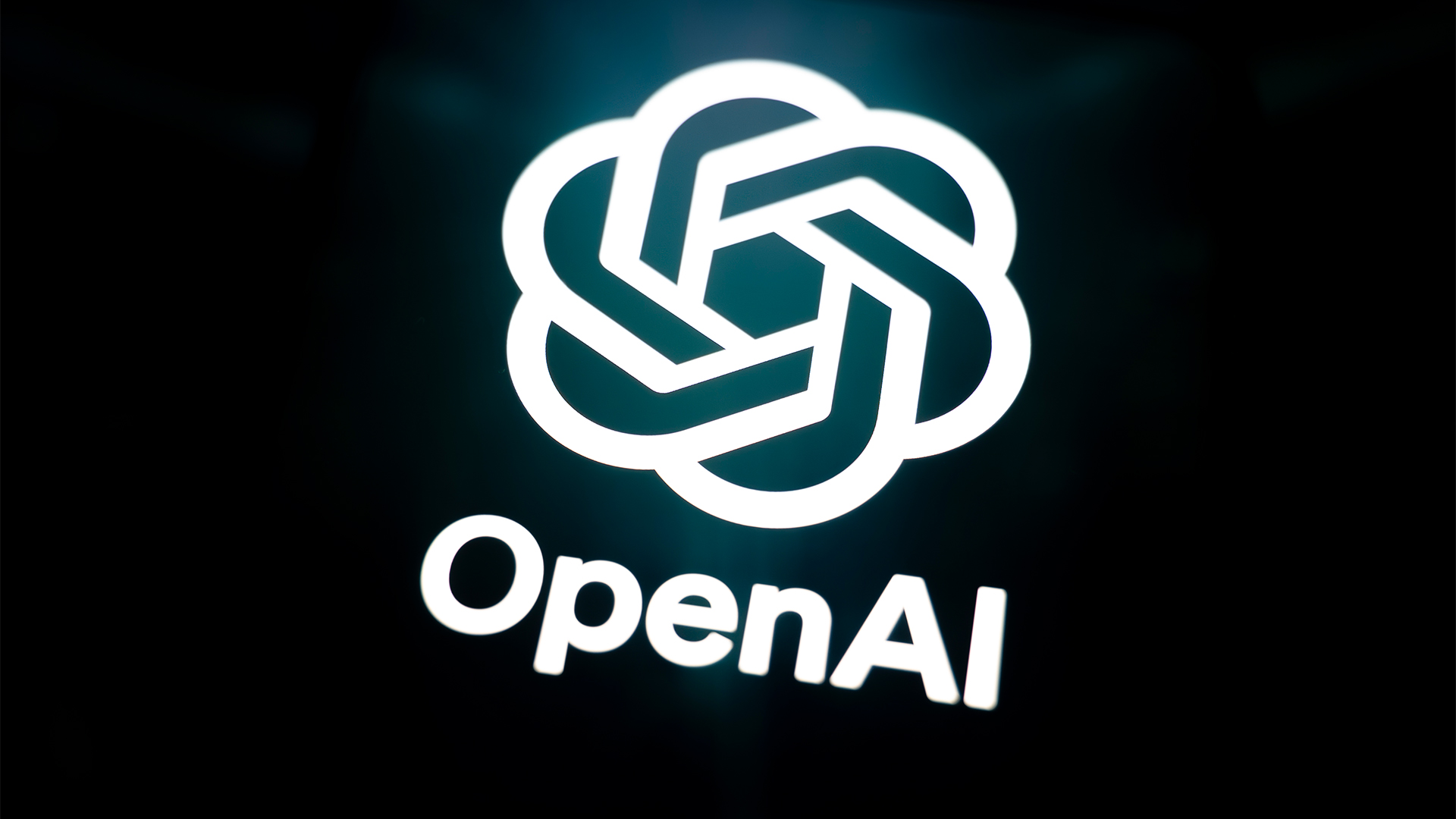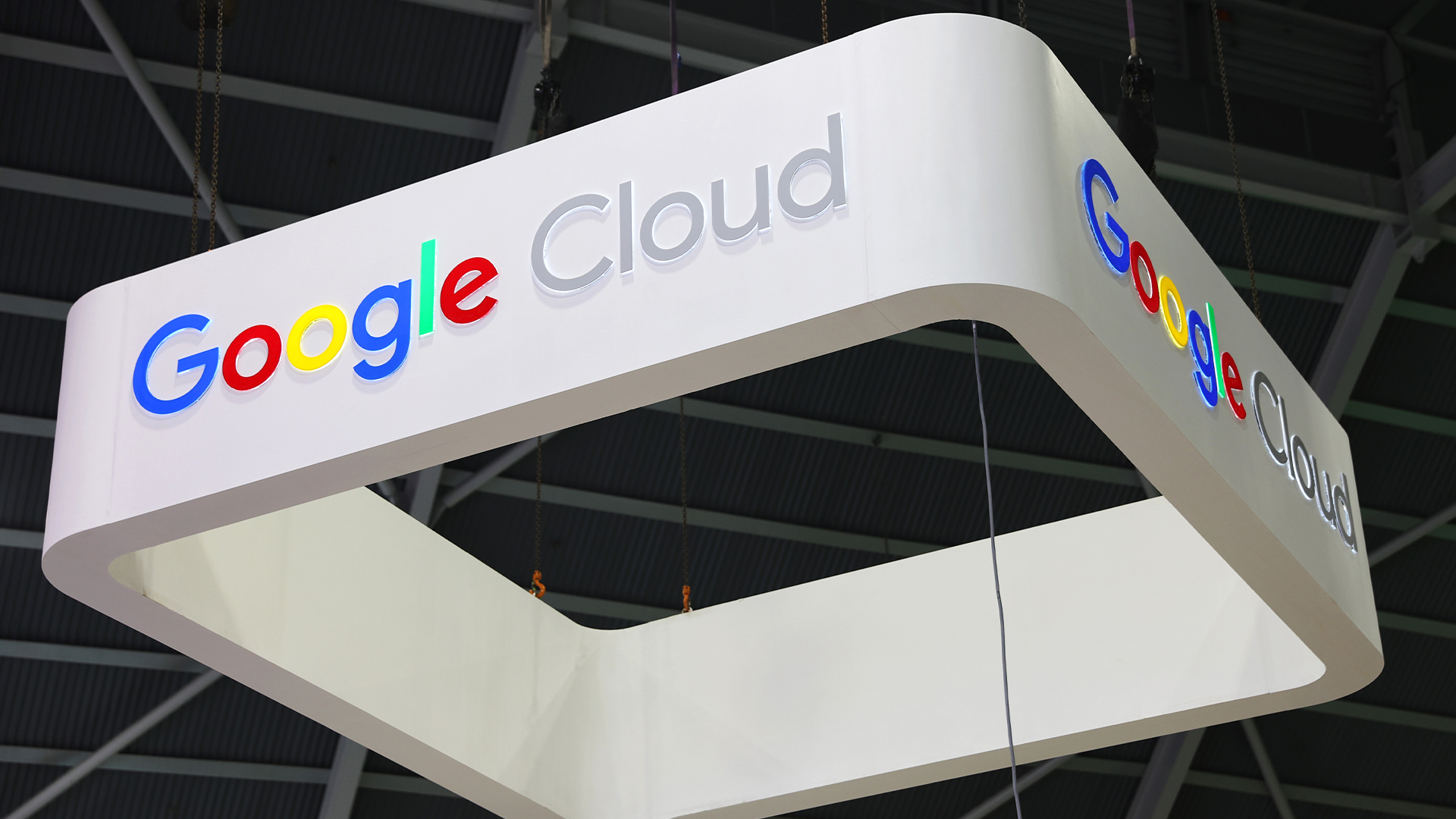Google Apps Premier Edition
Cloud computing is the buzz word of the moment and Google is still the internet’s star child. But is Google Apps really good enough for serious business use? We delve deeper.
Steve Ballmer has poured scorn on Google apps, and after close examination we think he might have a point. The potential is there, but we’re not convinced that Google Apps Premier is feature complete or resilient enough for major corporates to consider.
You can only work on documents you previously created and downloaded before you went offline. For spreadsheets and presentations, offline access merely means being able to view your existing documents. You can't edit them at all. Gears isn't officially tagged as Beta but its version number is only 0.5, which suggests it hasn't reached maturity yet.
There also has to be a question mark over making a whole office full of people use Google Docs over a single internet connection. Even one user editing moderately-sized documents can make a 2Mbits/sec ADSL connection creak from time to time. Imagine having ten, 20 or 100 users all relying on the same connection to access and edit their documents. What about backup and contingency plans in case the ISP or the phone company have a problem? Workers digging up the road still manage to cut through cables with regular monotony.
Documents are stored on Google's servers rather than on your hard disk. There are several downsides to this. Whether they matter to you must be up to you to decide.
Overseas data and the SLA
Depending on what kind of data you store, you may have to register with the Office of the Information Commissioner (www.ico.gov.uk), formerly the Data Protection Registrar, that you are shipping and processing data overseas. Google does have a "Safe Harbor" registration with the US Federal Trade Commission so you are allowed to use its servers to store and process personal data providing that you register with the Information Commissioner. Without a "Safe Harbor" agreement, it would be illegal to ship personal data to an American company, as the US does not have data protection legislation on a par with that of the UK and EU.
If the Google's servers fail for any reason you could lose access to your documents, perhaps permanently. Google has a Service Level Agreement for its corporate customers that "guarantees" "99.9 per cent uptime". This sounds good until you read the small print. Its definition of "downtime" ignores any break in service of less than ten minutes. This means you could be unable to access your data for nine minutes fifty-nine seconds at a time, many times throughout the month, without it counting as downtime at all.
Scheduled Downtime is also excluded from the agreement and any recompense is in the form of "Service Credit" which adds between three and 15 free days to your subscription, if and only if you ask for it within 30 days of the outage. This, and the confusion in wording between "Google Mail SLA" and "Google Apps Premier Edition", gives Google a huge amount of "wriggle room" to argue it met the SLA while you still get bad service. We're not saying this does or will happen, only that it could with SLA terms as lax as these. Even during testing for this review we got a "Sorry, but we are unable to connect with the service right now" message many times when we tried to access a dialog such as "Print Settings..." or "Insert Table...".
Sign up today and you will receive a free copy of our Future Focus 2025 report - the leading guidance on AI, cybersecurity and other IT challenges as per 700+ senior executives
-
 OpenAI's 'Skills in Codex' service aims to supercharge agent efficiency for developers
OpenAI's 'Skills in Codex' service aims to supercharge agent efficiency for developersNews The Skills in Codex service will provide users with a package of handy instructions and scripts to tweak and fine-tune agents for specific tasks.
By Ross Kelly Published
-
 Cloud infrastructure spending hit $102.6 billion in Q3 2025 – and AWS marked its strongest performance in three years
Cloud infrastructure spending hit $102.6 billion in Q3 2025 – and AWS marked its strongest performance in three yearsNews Hyperscalers are increasingly offering platform-level capabilities that support multi-model deployment and the reliable operation of AI agents
By Emma Woollacott Published
-
 Google Cloud teases revamped partner program ahead of 2026
Google Cloud teases revamped partner program ahead of 2026News The cloud giant’s new-look partner ecosystem shifts focus from activity tracking to measurable customer outcomes
By Daniel Todd Published